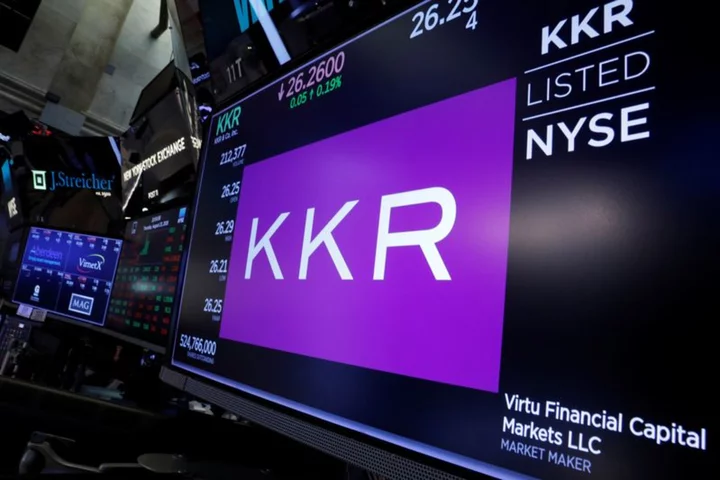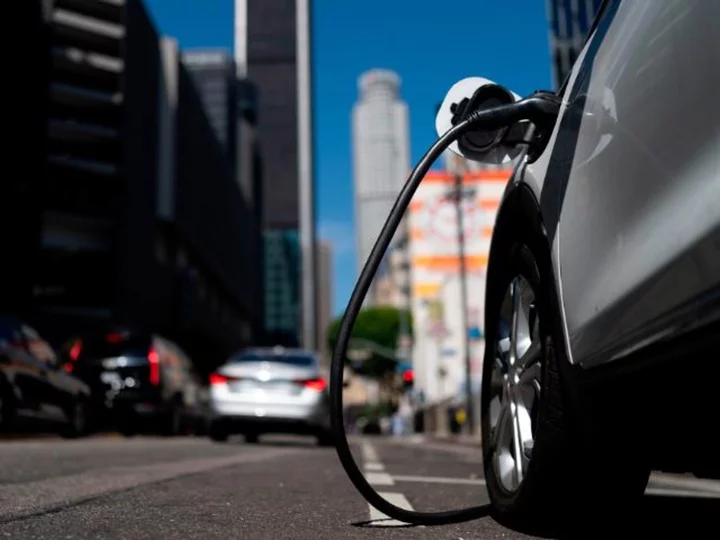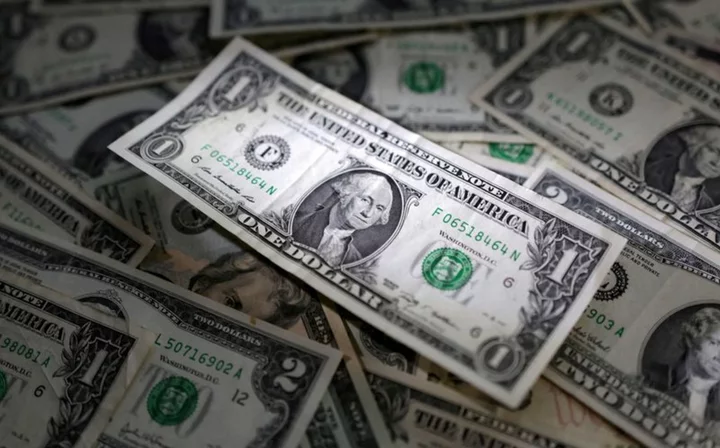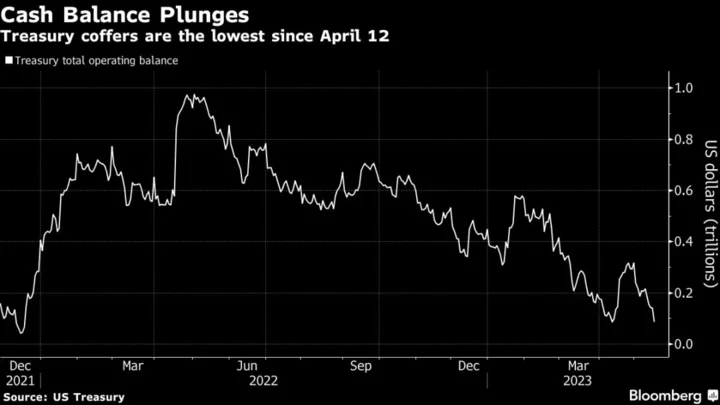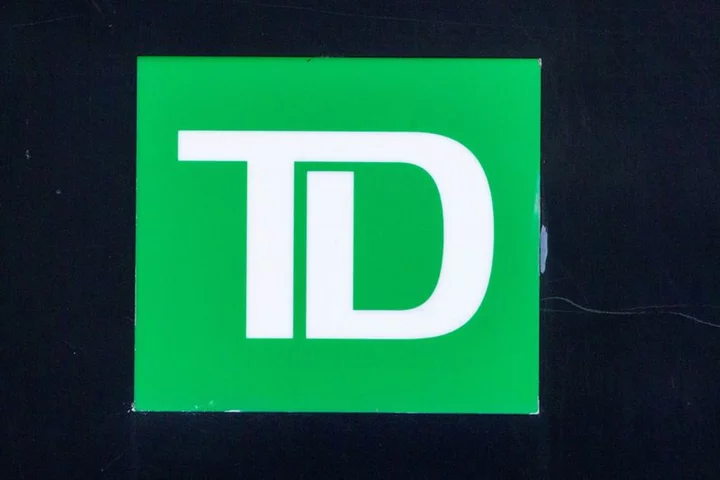Americans' credit card debt levels have just notched a new, but undesirable, milestone: For the first time ever, they've surpassed $1 trillion, according to data released Tuesday by the Federal Reserve Bank of New York.
During the second quarter, credit card balances shot up by $45 billion, or nearly 4.6%, to land at $1.03 trillion, according to the New York Fed's latest Quarterly Report on Household Debt and Credit.
Rising credit card debt and auto loan balances helped to drive overall household debt levels up to $17.06 trillion for the quarter, the report showed. Overall household debt has spiked $2.9 trillion since the end of 2019, before the pandemic.
Credit card balances have risen for five consecutive quarters, increasing at some of the largest rates in 20 years, New York Fed data shows.
"Unfortunately, [credit card debt] is only going to go up from here," Matt Schulz, chief credit analyst for LendingTree, told CNN. "What's driving it is inflation, higher interest rates and just generally how expensive life is in 2023."
Although the labor market is strong, the economy is growing, and consumer spending is increasing, persistently high inflation coupled with spiking interest rates have weighed down consumers — especially those who were not among the 14 million homeowners who refinanced during the pandemic, locking in ultra-low interest rates and either saving or extracting a fair bit of cash.
Earlier Tuesday, Bank of America reported that more people were tapping their 401(k) accounts because of financial distress. The number of people who made a hardship withdrawal during the second quarter surged from the first three months of the year to 15,950, an increase of 36% from the second quarter of 2022.
This story is developing and will be updated.


